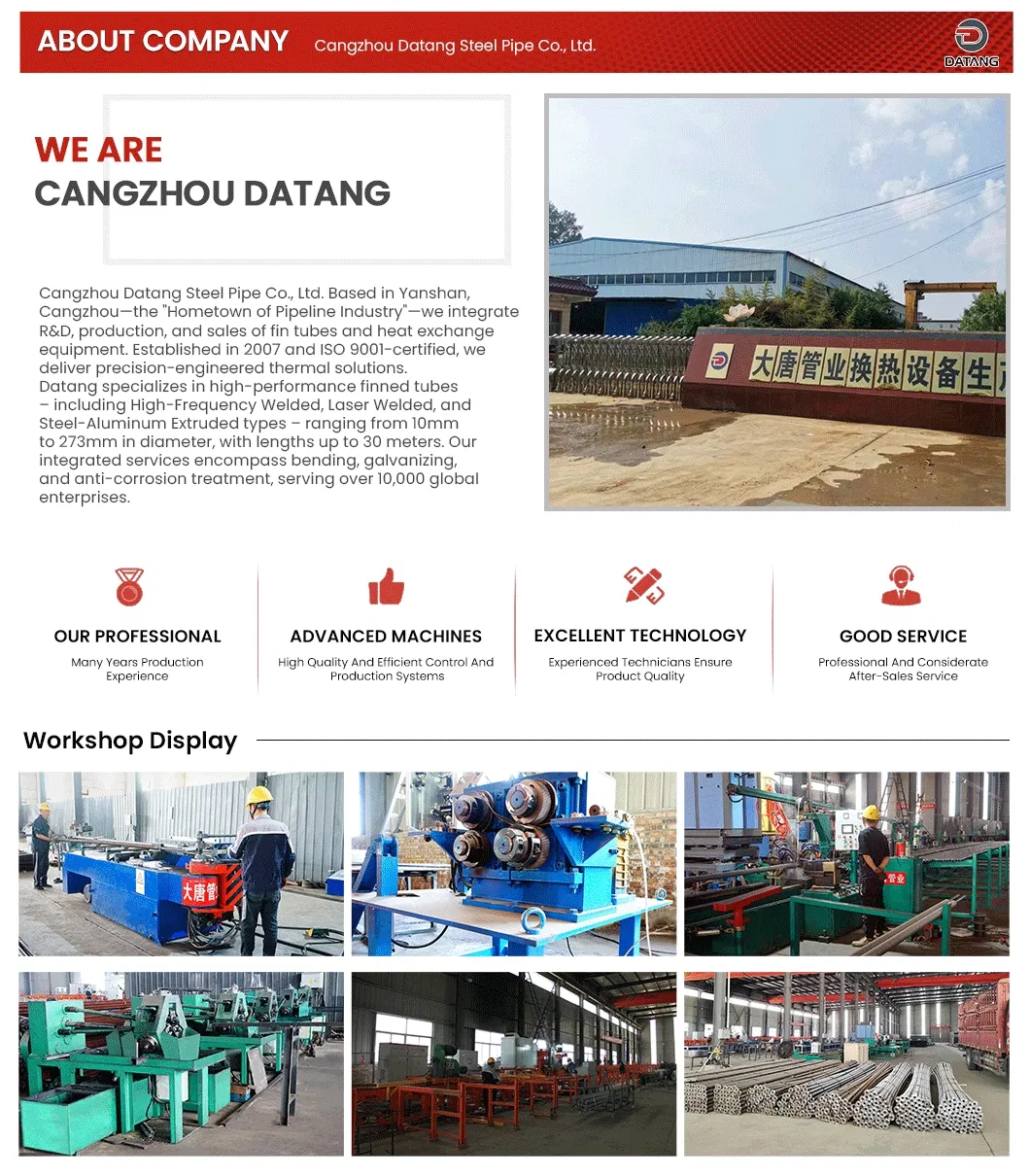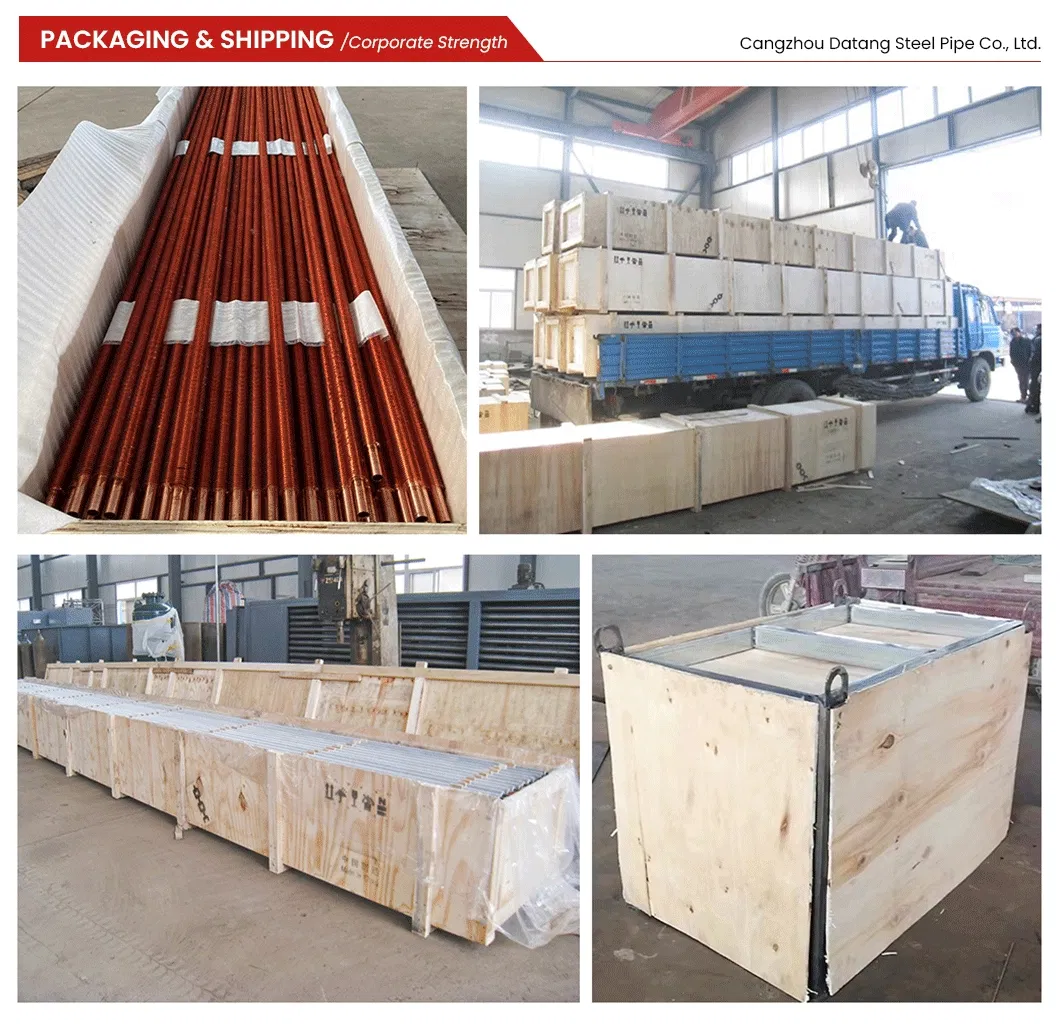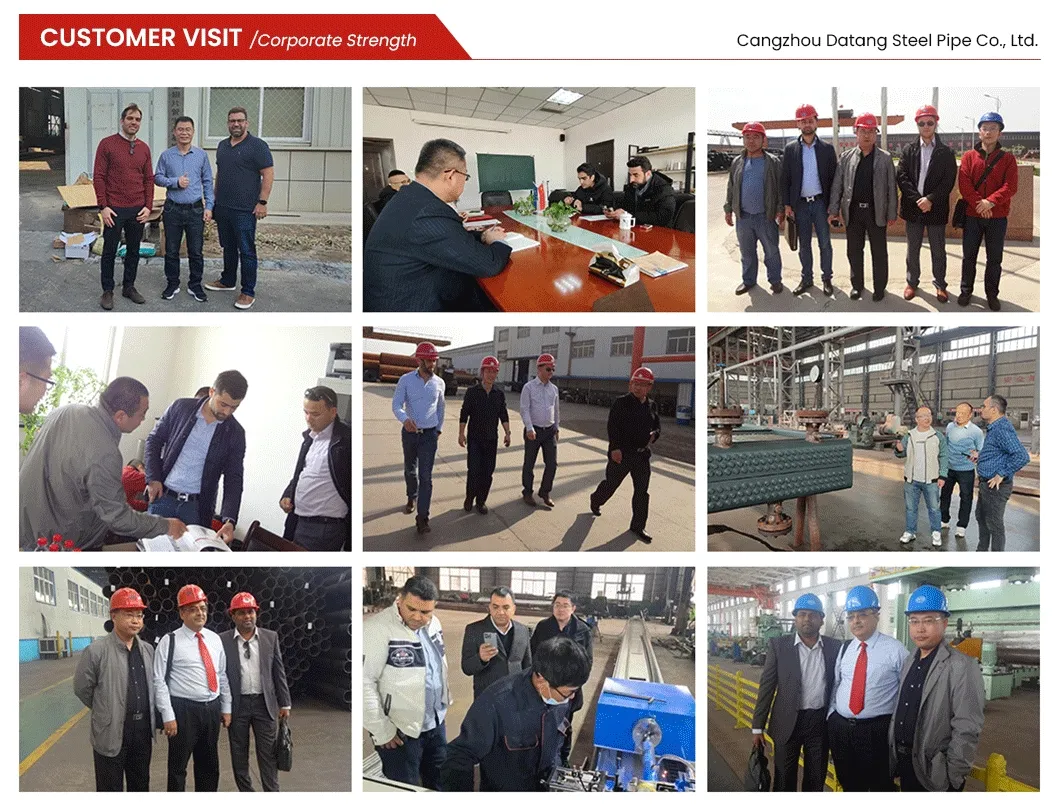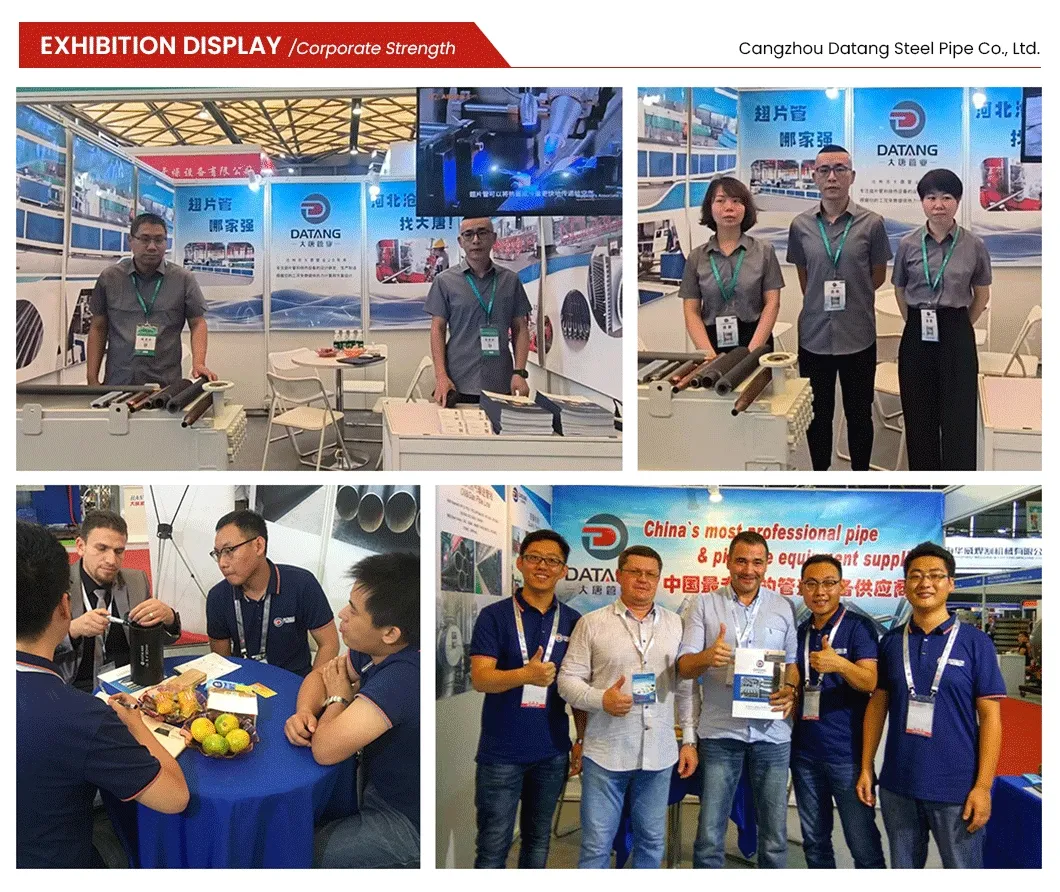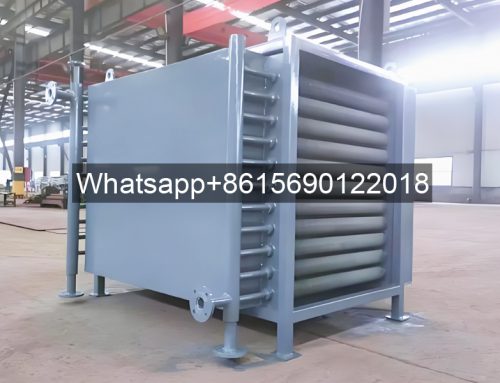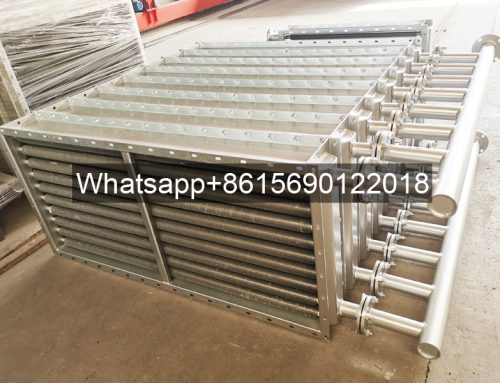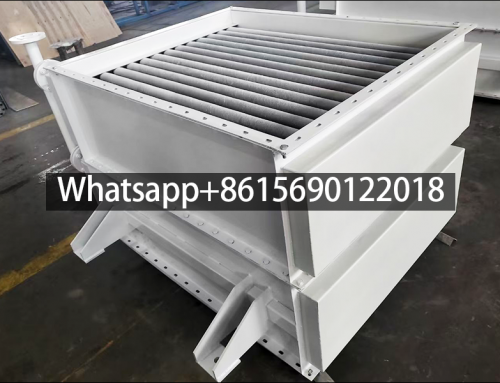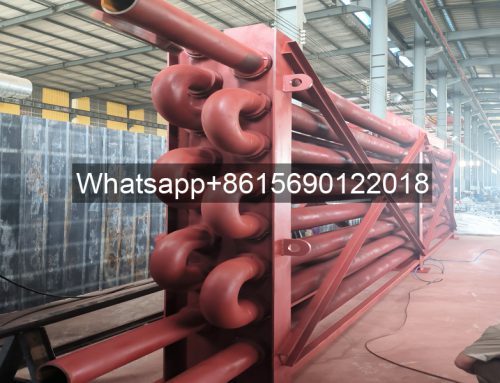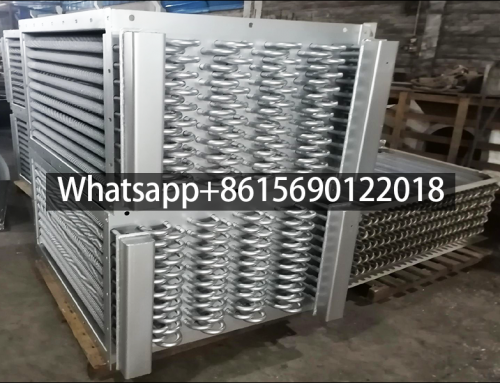Project Description

- Product Name: Kl Type Aluminum Cooling Fin Tube Heat Exchanger for Aquaculture
- Leave Your Message
Product Description
KL Type Aluminum Cooling Fin Tube Heat Exchanger for Aquaculture is a highly efficient heat dissipation device designed for aquaculture environments. It adopts KL type fin tube structure and has excellent heat exchange performance and corrosion resistance.
Structural characteristics and working principle of KL type aluminum fin tube heat exchanger
The main feature of KL type aluminum fin tube heat exchanger is its unique fin design. The base tube is usually carbon steel, stainless steel or copper tube, and the outer wall is fixed with spiral fins by high-frequency welding or mechanical rolling. These fins are “KL” type (serrated or corrugated), which not only increases the surface area, but also destroys the boundary layer through turbulence and improves heat exchange efficiency.
Application scenarios and advantages of KL type aluminum fin tube heat exchanger
In aquaculture, temperature control is crucial. KL aluminum fin tube heat exchanger can operate stably under harsh breeding conditions, effectively maintain the constant water temperature, reduce the stress response caused by temperature fluctuations, and create a more comfortable growth environment for aquatic animals. Its advantages include:
High-efficiency heat exchange: Compared with ordinary light tubes, the heat exchange efficiency can be increased by 3-5 times, which is suitable for various occasions requiring heat exchange.
Corrosion resistance: Aluminum materials have good corrosion resistance and can work stably for a long time in a humid environment.
Compact structure: The design is compact, occupies a small space, and is easy to install and maintain.
KL aluminum fin tube heat exchanger maintenance and care
In order to ensure long-term and efficient heat dissipation performance, it is recommended to regularly check whether the fins are dusty or corroded, and perform necessary cleaning and maintenance. In addition, regularly checking the connection between the base tube and the fin to ensure that there is no looseness or damage is also the key to maintaining its efficient operation.
The Fin Tube Heat Exchanger is a highly efficient thermal management solution designed to optimize heat transfer in various industrial applications. Featuring an array of extended surfaces, this heat exchanger significantly increases contact area, enhancing heat exchange capabilities while minimizing energy costs.
Built from durable materials to ensure longevity and resilience, Datang fin tube heat exchangers are ideal for applications ranging from HVAC systems to refrigeration and thermal processing. With customizable designs to meet specific operational needs, they offer superior performance, reliability, and ease of maintenance, making them a top choice for engineers seeking effective heat exchange solutions.
KL type aluminum fin tube heat exchanger specifications:
|
TECHNICAL PARAMETERS
|
|
|
Product Name
|
Fin Tube Heat Exchanger
|
|
Keywords
|
Heat Exchanger
|
|
Voltage
|
220V/380V/440V
|
|
Type
|
Extruded Fin Tube
|
|
Tube Material
|
All Kinds Of Material Can Be Applied
|
|
Fin Material
|
Aluminum A1100
|
|
Base Tube O.D. (mm)
|
15.88 ~ 50.8
|
|
Fin Specification (mm)
|
7 ~ 11.5 FPI
|
|
Fin Height Max
|
16 mm H
|
|
Core Components
|
Engine
|
|
Inspection
|
SGS BV
|
ENHANCED HEAT TRANSFER EFFICIENCY:
The finned design increases the surface area, improving thermal performance and reducing energy consumption.
DURABLE CONSTRUCTION:
Made from high-quality materials, these heat exchangers are built to withstand harsh industrial environments and ensure long-lasting operation.
VERSATILE APPLICATIONS:
Ideal for a wide range of industries, including HVAC, chemical processing, and power generation, accommodating various operational needs.
CUSTOMIZABLE DESIGN OPTIONS:
Tailored designs are available to meet specific requirements, allowing for optimal integration into existing systems.
EASE OF MAINTENANCE:
Designed for straightforward maintenance, ensuring minimal downtime and enhanced reliability in continuous operations.
